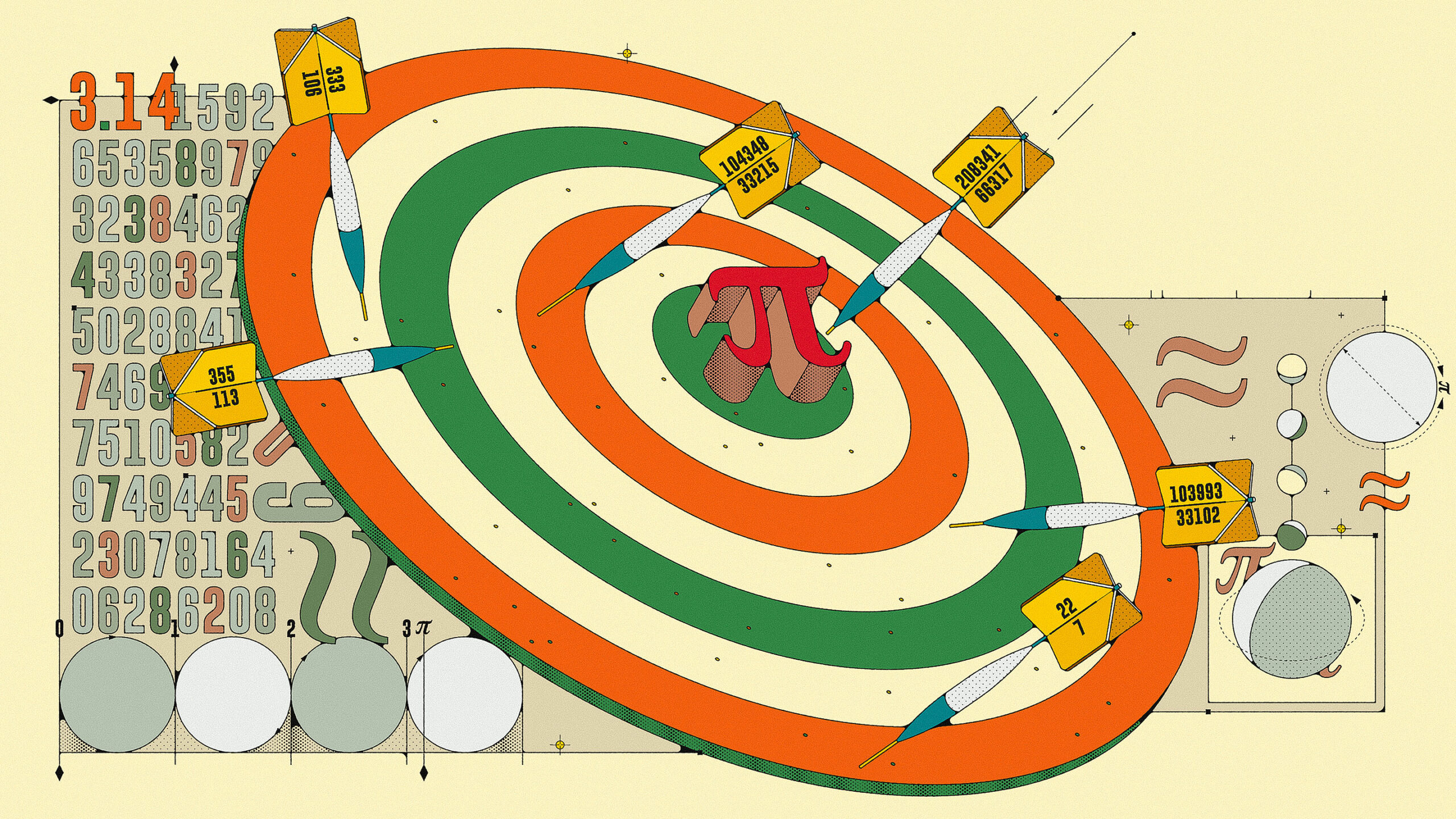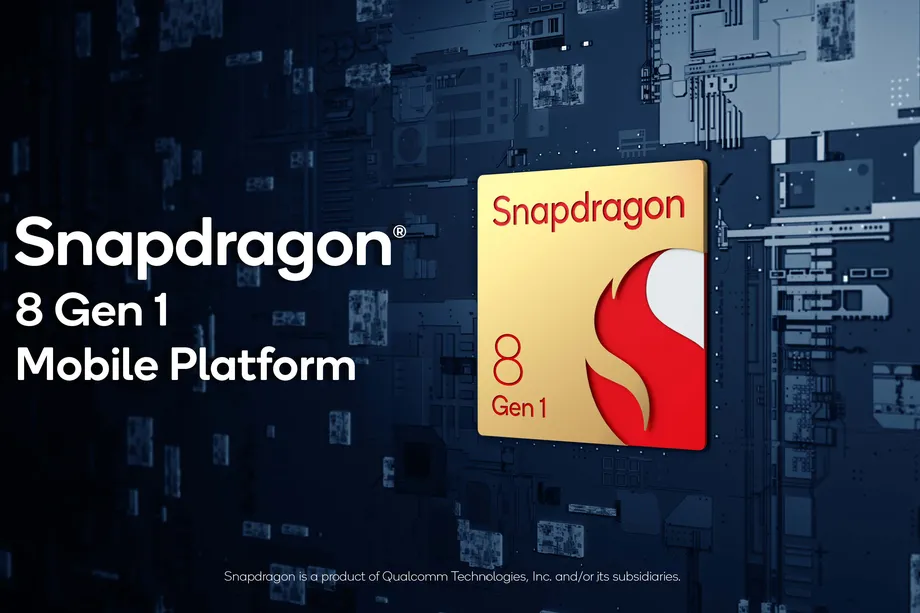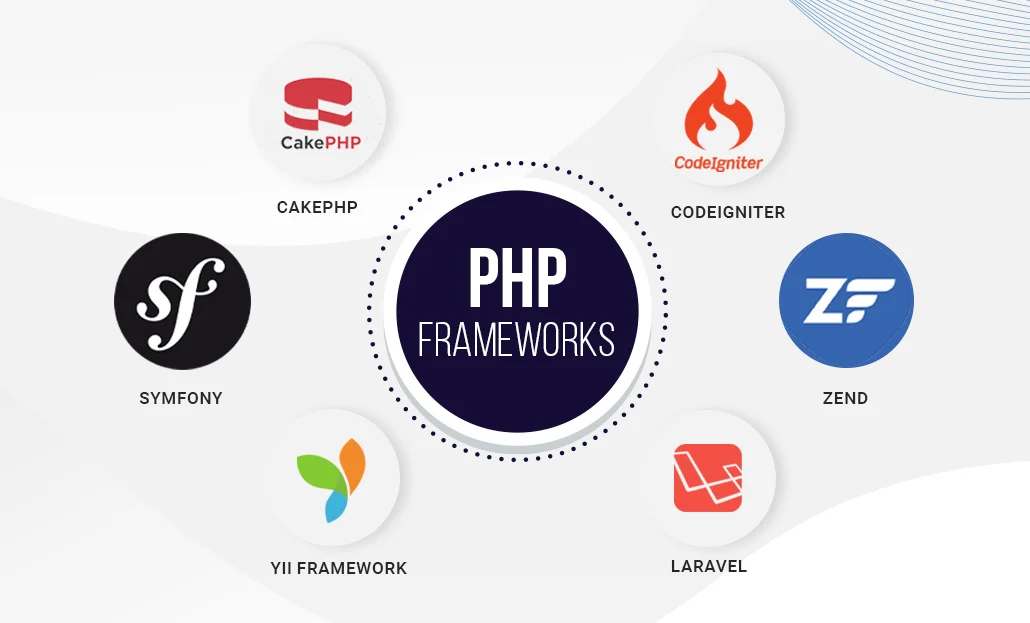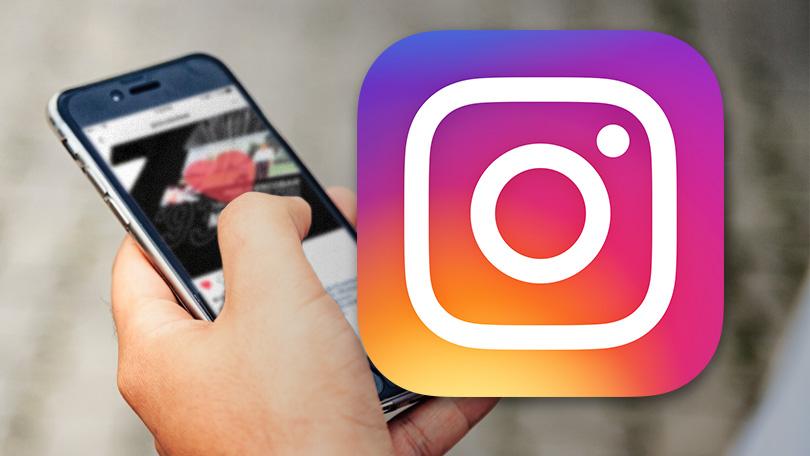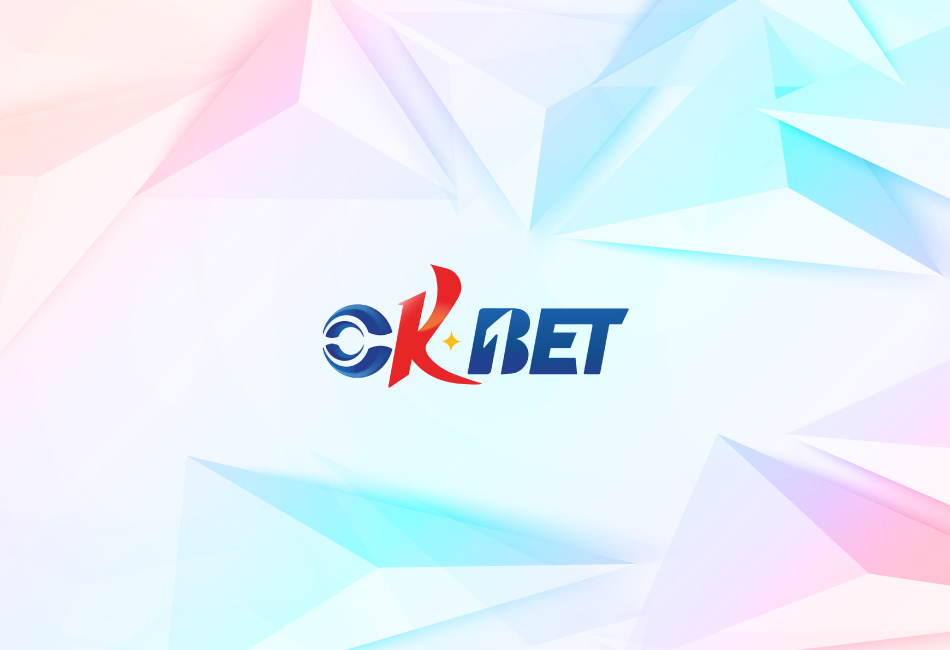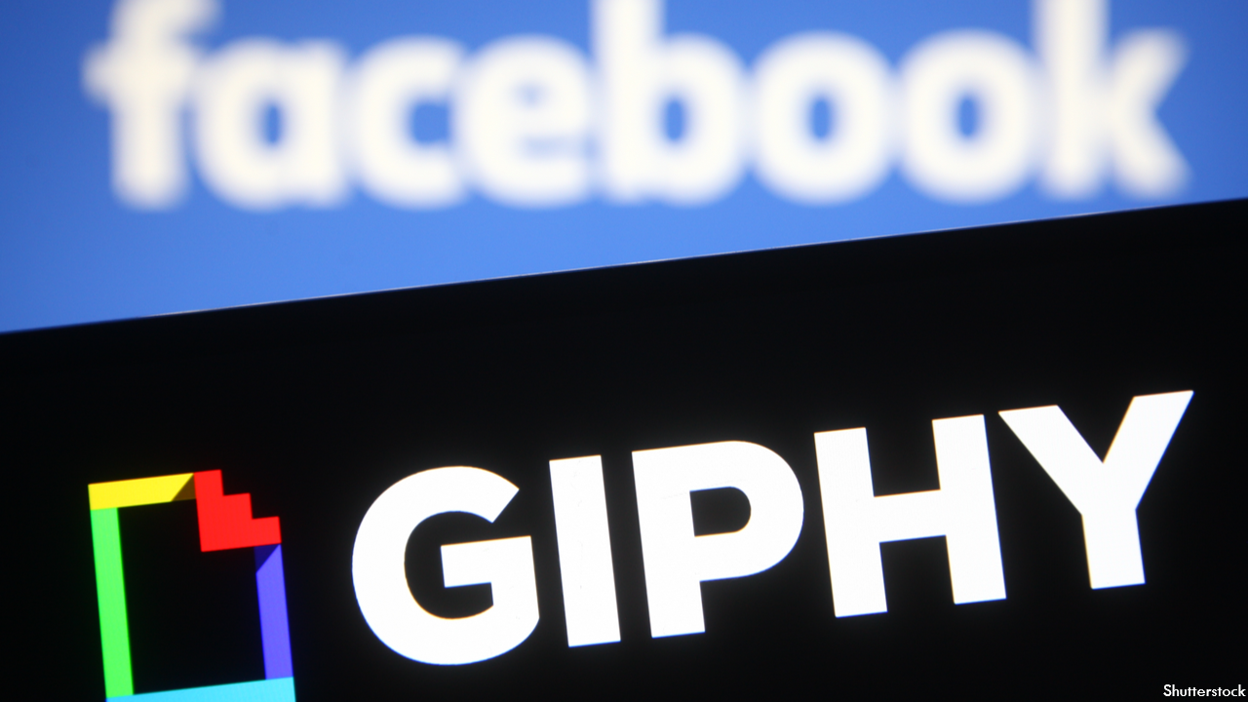
A year and a half after Facebook parent company Meta announced it had been buying the favored GIF-making and sharing website, the UK’s competition regulator has publicly decided that the transaction should be scrapped. The Competitiveness and Marketing Authority (CMA) released a press statement justifying its decision, claiming that the acquisition would stifle competition among social networking sites which it could only fix its difficulties by selling Giphy to a totally approved bidder.
According to the CMA, the acquisition may well be accustomed block or restrict access to Giphy GIFs on other platforms, leading to greater traffic for Facebook, WhatsApp, and Instagram. It also sparked fears that it should be accustomed force other platforms to divulge additional data so as for the GIFs to be accessed. Finally, the CMA believes that Giphy’s advertising services competed with Meta’s but were halted as a results of the transaction.
“By forcing Facebook to sell Giphy, we’re ensuring the protection of several social media users.”
The collaboration between Facebook and Giphy has already removed a possible competitor within the display advertising market “Stuart McIntosh, the chair of the independent investigative committee, said “If nothing is completed, Facebook are going to be able to further increase its significant market power in social media by restricting competitors’ access to Giphy GIFs.
“By integrating Facebook to sell Giphy, we support digital advertising’s competitiveness and innovation while protecting uncountable social media users,” McInosh stated.
According to the Financial Times, this would be the primary time the CMA has moved to undo a completed purchase by a tech firm. Despite the actual fact that Meta is predicted to appeal the decision, the united kingdom regulator’s decision establishes a big precedent for future large-scale technology acquisitions.
While the CMA’s decision is important, it’s not entirely unexpected given the CMA’s preliminary findings report from August, which stated that the agreement should be unraveled.
Despite the CMA’s concerns about competition, Meta has already indicated that Giphy’s agency will never be a heavy competitor. Giffy responded that it “does not have a giant audience of its own” in response to the query. When the agreement was announced, Meta claimed responsibility for 50% of Giphy’s traffic. in step with the discharge, “Developers and API Partners will still have access to Giphy’s APIs.”
In reaction to the CMA’s preliminary findings, Meta said the regulator is “sending a terrifying message” message to start-up entrepreneurs: don’t form new enterprises because you will not be able to sell them.”
Despite pledging to help the CMA in its investigation, the regulator recently fined Meta £50 million ($70 million) for failing to suits the terms of its earlier enforcement order. Meta “deliberately refused to produce any relevant information” on its compliance with the order, in line with the regulator.
Giphy had garnered $150 million in capital since its inception, but it had yet to earn a profit and was apparently running out of money at the time of its acquisition. Was was thought that it sold for $400 million to Meta, which was but a previous valuation assigned thereto by investors and a touch of its financial difficulties. While the CMA’s investigation is underway, Giphy’s 100+ employees are unable to affix Meta as full-fledged employees, despite Meta apparently paying the company’s costs to stay it afloat.
The CMA’s investigation is a component of a bigger trend of scrutiny focused at digital acquisitions in recent years, and it contrasts sharply with Meta’s ability to quickly purchase upstarts like Instagram, WhatsApp, and Oculus. Several regulatory agencies, notably the ecu Union, are looking into Meta’s purchase of client, an advertisement customer care platform. Meanwhile, the CMA has voiced worries about Nvidia’s acquisition of chip creator Arm, another transaction that has sparked antitrust scrutiny from regulators round the world.
/cdn.vox-cdn.com/uploads/chorus_image/image/70208478/acastro_211101_1777_meta_0004.5.jpg)
